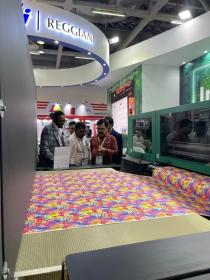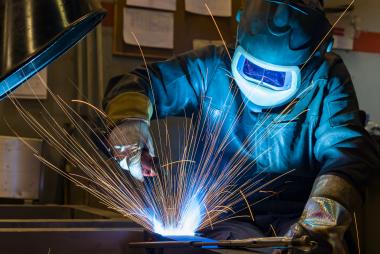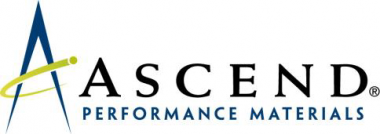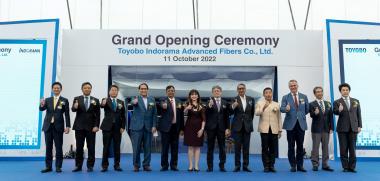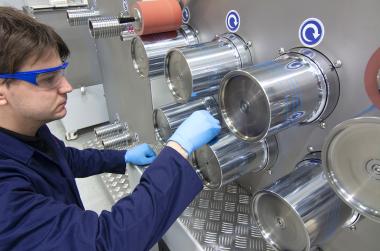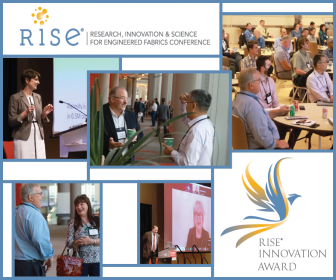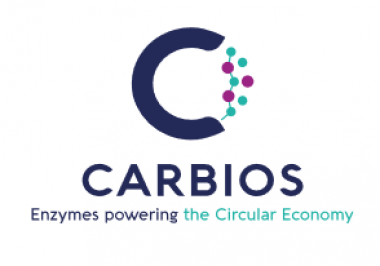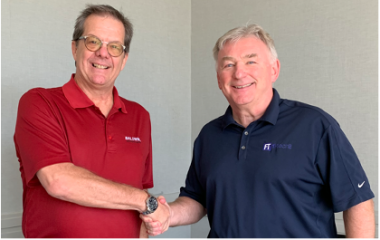Devan launches new allergen control technology at Heimtextil
Belgian textile innovator Devan Chemicals will launch Purissimo® NTL, a biobased and readily biodegradable allergen control technology, at the upcoming Heimtextil trade show in Frankfurt (January 10-13, 2023). It is based on probiotic encapsulation technology and can be applied to textiles during the finishing stage of the textile manufacturing process. Purissimo® NTL cleans up pet dander, pollen and house dust mite allergens in textiles throughout the home.
Purissimo® NTL is based on Devan’s already well-established probiotics, incorporated into a new microcapsule shell. The shell is based on a natural crosslinked biobased polymer, which results in microcapsules that are up to 97% biobased and readily biodegradable (OECD 301B).
Firstly, dormant probiotic bacteria (spores) are encapsulated. The microcapsule product is then integrated into textiles. Friction opens the capsules and releases the spores. The spores absorb humidity, self-activate and start to multiply. The probiotic bacteria start to consume the allergens that cause allergic reactions and asthma. Due to lower allergen concentration, individuals with respiratory allergies such as house dust mite matter, pet allergens and pollen allergens will have milder to no symptoms and hence a better well-being feeling.
Purissimo® NTL can be used on a wide range of textiles such as mattresses, pillows, bedcovers, blankets but also upholstered furniture, carpets, curtains and public transportation and pet items, such as bedding. It is Oeko-tex® compliant, has a long-lasting effect and a wash durability up to 30 washes is achievable.
Devan Chemicals NV





